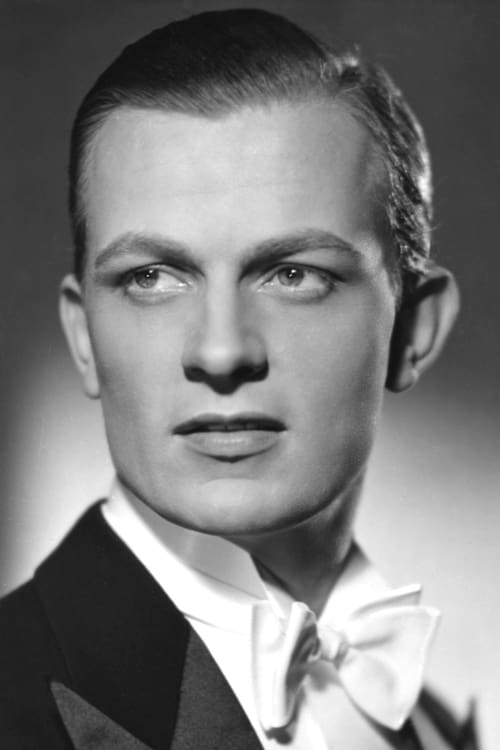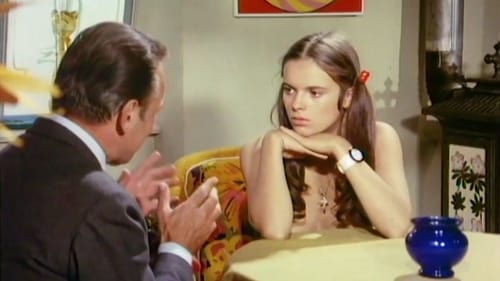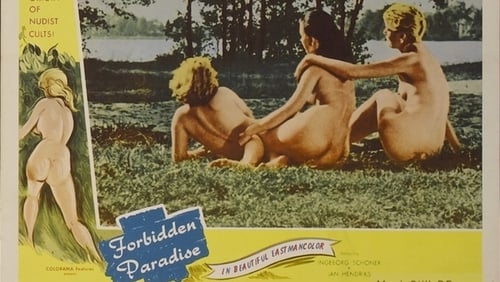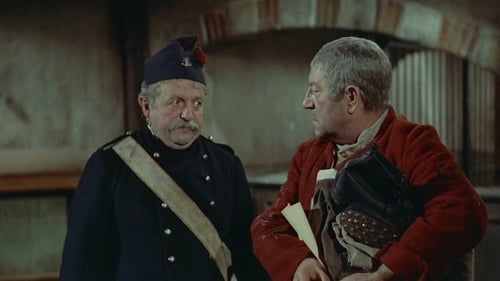
Rolf Moebius
출생 : 1915-07-27, Riesa, Germany
사망 : 2004-06-04
약력
Rolf Moebius wurde am 27. Juli 1915 im sächsischen Riesa als Sohn eines Brückenbauers geboren und wuchs in einem künstlerisch geprägten Elternhaus auf, seine Mutter – sie starb, da war Sohn Rolf erst 15 Jahre alt – war Pianistin, sein Großvater Kammermusiker. Schon früh entdeckte Moebius seine Liebe zur Schauspielerei, als er 15-Jährig bei einer Schulaufführung die Inszenierung bzw. die Hauptrolle für die Bilderzenen "Totentanz" von Gottfried Haaß-Berkow (1888 – 1957) übernahm. Ein Jahr später verließ er die Schule, sammelte erste professionelle Bühnenerfahrungen als Statist am Dresdner Stadttheater, entschloss sich dann endgültig für den Beruf des Schauspielers. Er erhielt ein Stipendium an der "Staatlichen Schauspielschule" in Berlin, 1937 machte er dort seinen Abschluss.
Bereits 1936 hatte er mit einer kleinen Rolle in Carl Froehlichs Drama "
Traumulus"1) neben Emil Jannings und Hilde Weissner erste Erfahrungen vor der Kamera gesammelt, auch auf der Bühne konnte er sich im gleichen Jahr in dem von Gustaf Gründgens inszenierten "Faust II" beweisen, als Hans Quest, der die Rolle des Euphorion übernehmen sollte, plötzlich wegen Krankheit ausgefallen war und Gründgens in der Schauspielschule einen Ersatz suchte – Moebius erhielt den Part.

Vater

Polizeipräsident

Kriminaloberrat Wallenberg

zweiter Herr im Ministerium
Widower Paul always delayed talking to his daughter about sex. But when workers on a nearby construction site are falling down their scaffold because 16 years old "Herzblatt" is tanning naked, he feels he has to take action. In the hope she'll learn herself what consequences the difference between boys and girls has, he tries to get her a boyfriend.

Oberst im Generalstab

Donald Durant

Spence
The third case for Inspector Pink.

Dr. Kurt Rieder

Amtsrichter

Avocat général
Victor Hugo's monumental novel Les Miserables has been filmed so often that sometimes it's hard to tell one version from another. One of the best and most faithful adaptations is this 240-minute French production, starring Jean Gabin as the beleaguered Jean Valjean. Arrested for a petty crime, Valjean spends years 20 in the brutal French penal system. Even upon his release, his trail is dogged by relentless Inspector Javert. Valjean's efforts to create a new life for himself despite the omnipresence of Javert is meticulously detailed in this film, which utilizes several episodes from the Hugo original that had hitherto never been dramatized. Originally released as a single film, Les Miserables was usually offered as a two-parter outside of France.

Professor Dr. Erhart Wilfinger

Rolf Markus
DEFA crime film about the smuggling of PVC across the (still open) border from East to West Berlin.

Werner Schneider
Post-war Germany: Like so many other women, Gerda Krause has lost her husband during the war and has to fend for herself and her two children. She finds work as a seamstress but refuses the offering of her department chief Zimmermann to upgrade her qualifications. One day she meets Uschi, an old friend of hers, whom she has helped with schoolwork before the war and subsequently lost track of. The reunion reminds Gerda of her childhood dream: to become a teacher. Thus, she decides to enroll at university to make her dream come true.

George Walker

Herzog Karl Eberhard

Directed by Harald Braun and told from the perspective of Bertha von Suttner, the first female to receive the Nobel Peace Prize, The Alfred Nobel Story - No Greater Love chronicles the life of scientist, inventor, and businessman Alfred Nobel. Nobel built a massive fortune throughout his life, and while much if it was amassed by his inventions--dynamite being perhaps the most notable--he was also revered for his discoveries within the fields of science and economics. Upon his death, Nobel decided that his fortune was simply too great to continue in the form of an inheritance or single charitable donation, opting instead to use the money as reward for the greatest contributors to physics, chemistry, medicine, literature, and, of course, peace.

Brüggemann

A woman between two men. Horror melodrama.

Paul

Leutnant Dieter Lorenzen
Germany, 1914: The bourgeois austerity of the small, northern German town in which Ulyssa lives conflicts sharply with her desire to flirt with and be ensnared by charming, young men. That she's married is irrelevant; it's a marriage which exists only on paper. Among all the men Ulyssa flirts with, there is one for which she has genuine affection: Stefen Marbach, an upright and sincere man, far superior to her other men. And, indeed, the two are honest with one another about their feelings, but the outbreak of the First World War separates them. Sometime later, Ulyssa finds out that not only her husband, but Stefan, too, has fallen in battle. The news of this disaster leads her to reconsider and eventually give in to the constant urgings of the Viennese merchant Reindl. Ulyssa joins Reindl in Vienna and lives a life of wealth and comfort, until one day, Stefan shows up.

Peter Behrendsen
The successful shipowner Georg Behrendsen and his wife Irene are coming from South America to Germany for business. While negotiating in the home of senator Kersten, the senator's son Wilhelm (Werner Fuetterer) is taking care of Irene Behrendsen. The two fall in love with each other and decide to marry after Irene's divorce from her husband. But the old senator forces his son to decide whether to marry Irene or to become head of the shipping company. Not to break the family tradition, Wilhelm decides against the marriage. Irene, full of hatred against the senator, goes back to her husband. 25 years later. The senator is still head of the shipping company, because Wilhelm was killed in the war. He concentrates his love now on his daughter Victoria and he can't refuse any wish of her. Some day she tells him that she has been falling in love with a young german guy from overseas called Peter Behrendsen, not knowing that he is the son of the women who hates the senator the most.

Jochen Gröner - Oberleutnant

Herbert

Paul Hartwig

Percy, beider Sohn

Duke of Reichstadt
Prince Klemens von Metternich orders Friedrich Gentz, one of his aides, to keep the Duke of Reichstadt---Napoleon Francois Joseph Charles---son of Napoleon and heir to the French throne, from thinking about French politics. Gentz enlists the help of ballerina Fanny Elsser, all the rage in several European capitals, to keep the Duke distracted.

Bit part
This film is a fascinating showcase for Emil Janning's theatrical play. He's a gentle school teacher who believes in his boys and is easily fooled about all things, while the other town officials want him dismissed. Curiously it's very hard to see what the film is exactly aiming for. Disaster strikes and the lax prof proves to be too far removed of the real problems of the world, on the other hand his enemies are shown in the most unsympathetic, satirical way denouncing the militaristic, bourgeois ideology of the Kaiserreich.





